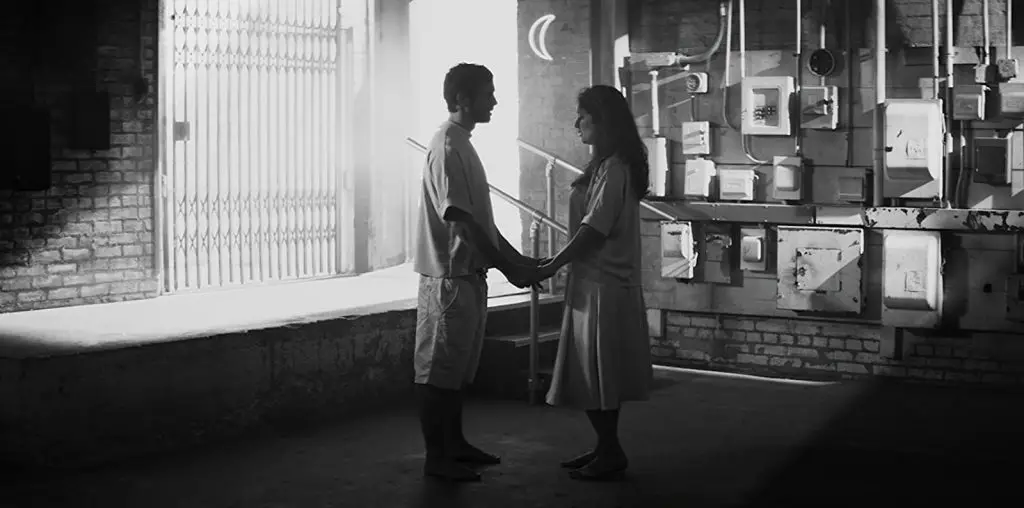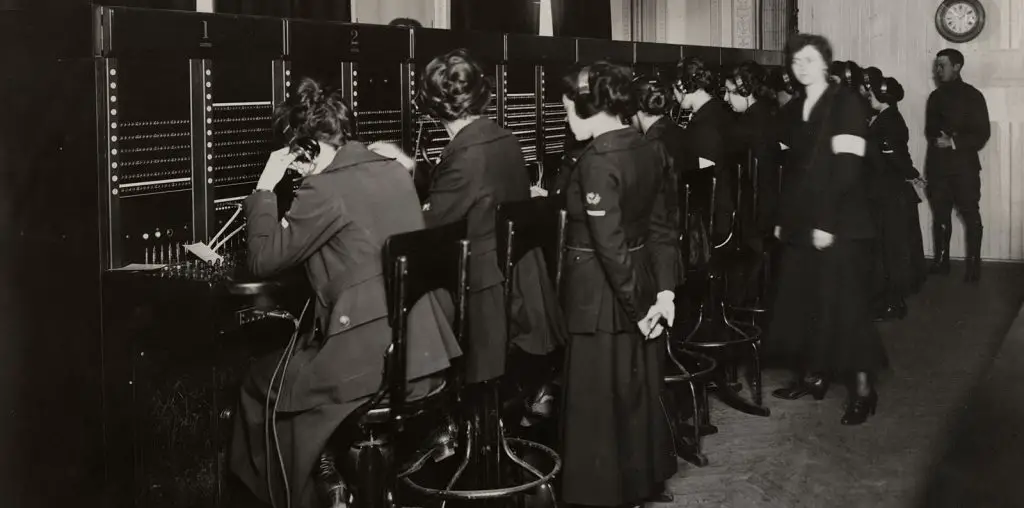
Roxanne (Streeter Nelson) began her life as a boy, the son of a popular host of a television science show. Her/His father, Dr. Alter (John Amplas – best known for his role in George Romero’s “Martin”), became a televangelist named “Reverend Altar” after his show was cancelled. Roxanne’s therapist, Dr. Talbot (Larry John Meyers), grew up as a fifties rebel and was bitten by a werewolf – his change is a little more regular, less permanent, but always a part of him. Roxanne has issues with her fire-and-brimstone father, and she wants Talbot to kill him.
The idea of metamorphosis plays a big part in the films of Brady Lewis. Director of Education at Pittsburgh Filmmakers, Lewis the artist has made a career of making short films about people being transformed, their lives changed, their worlds changed (take his amazing short, “A Metamorphosis of Logic” for example, in which a man literally wakes up to find himself a featureless clay figure). In “Daddy Cool”, the three main characters have started their lives as distinctly different people but changed, through circumstance and force of will, into new beings entirely.
“Daddy Cool” pays homage to schlocky ‘50s horror movies like “The Brain That Wouldn’t Die” and “I Was a Teenage Werewolf”, the obvious Universal classic “The Wolf Man” (right down to a fortune teller aping Maria Ouspenskaya as she recites the classic poem from the film), ‘40s noir films, Cocteau’s “Beauty And The Beast”, and Mr. Wizard. But “Daddy Cool” itself is not exactly a horror movie. For one thing, it’s very funny. For another, it completely avoids any exploitative elements that define the horror genre. There are no gory close-ups of victims, no lingering shots of Talbot-as-wolf. That’s not the story that Lewis is telling.
Lewis infuses the film with his own skewed sense of humor and adventurous technical touches. He plays with the experimental narrative, jumping back and forth between the brightly colored flashbacks of Roxanne’s story with the contrasting black-and-white world of Talbot’s memories. All of the elements, script and visual, are melded together in a kaleidoscope of a story.
“Daddy Cool” takes its time to get where it’s going, and the pace is definitely a measured one. That isn’t to say it’s boring in the slightest – often times the audience is asked to work with the movie to discern what exactly is going on, which often makes for satisfying viewing. Some may even find that the film lacks a distinct climax as well, but “Daddy Cool” is about the journey, not the destination. It’s an existential tract wrapped up in monsters, test tubes and fantasy. Its images and themes are bound to stay with the viewer long after the credits have rolled.

